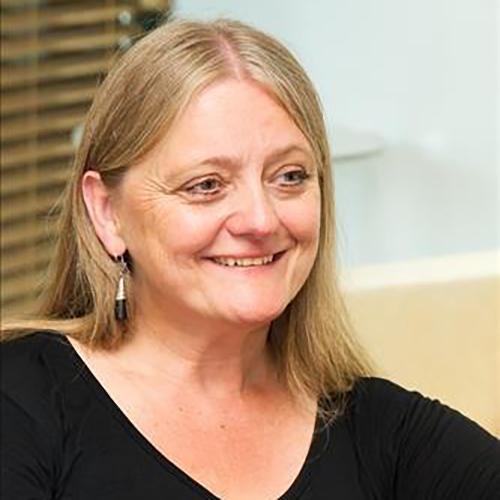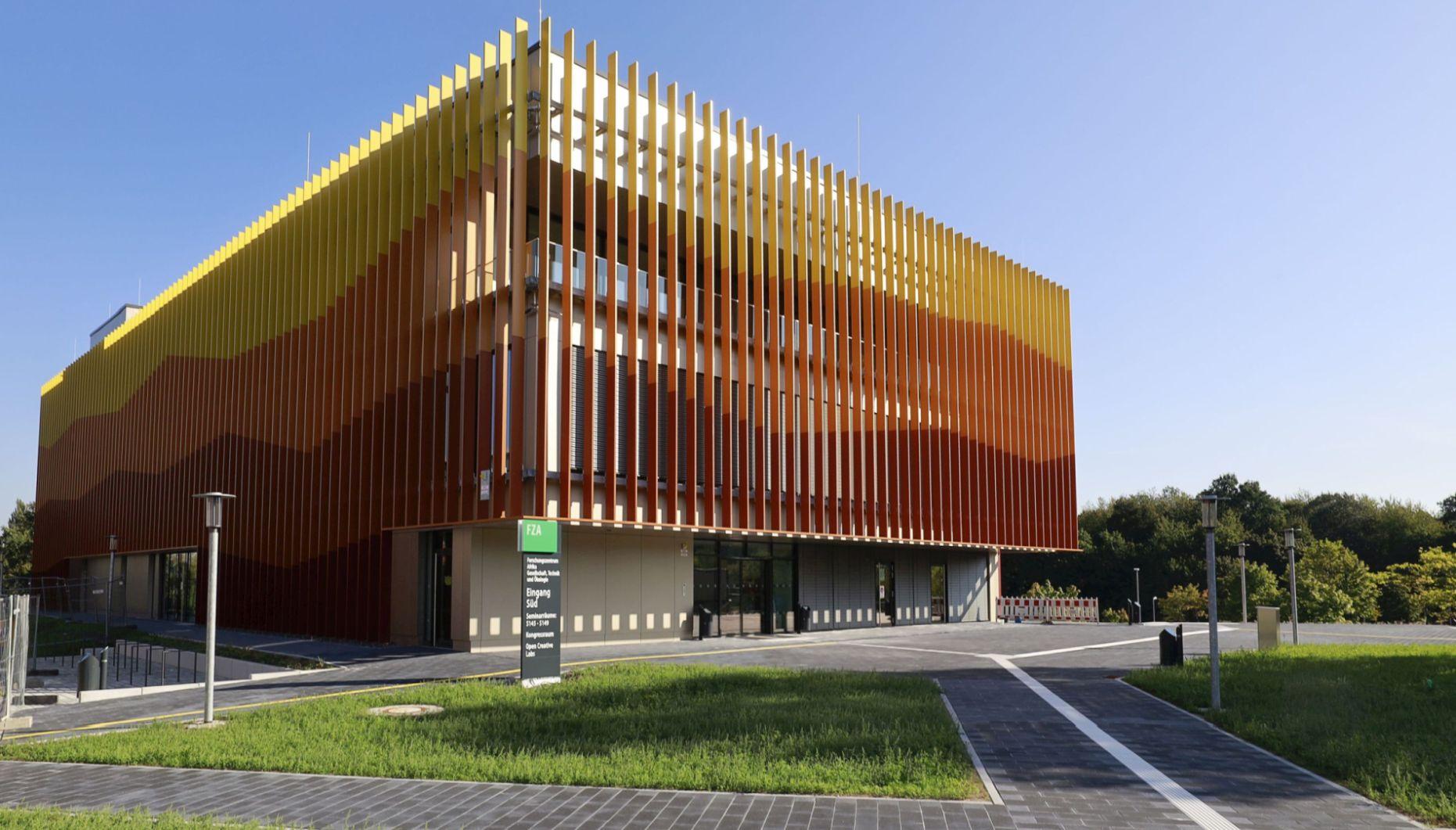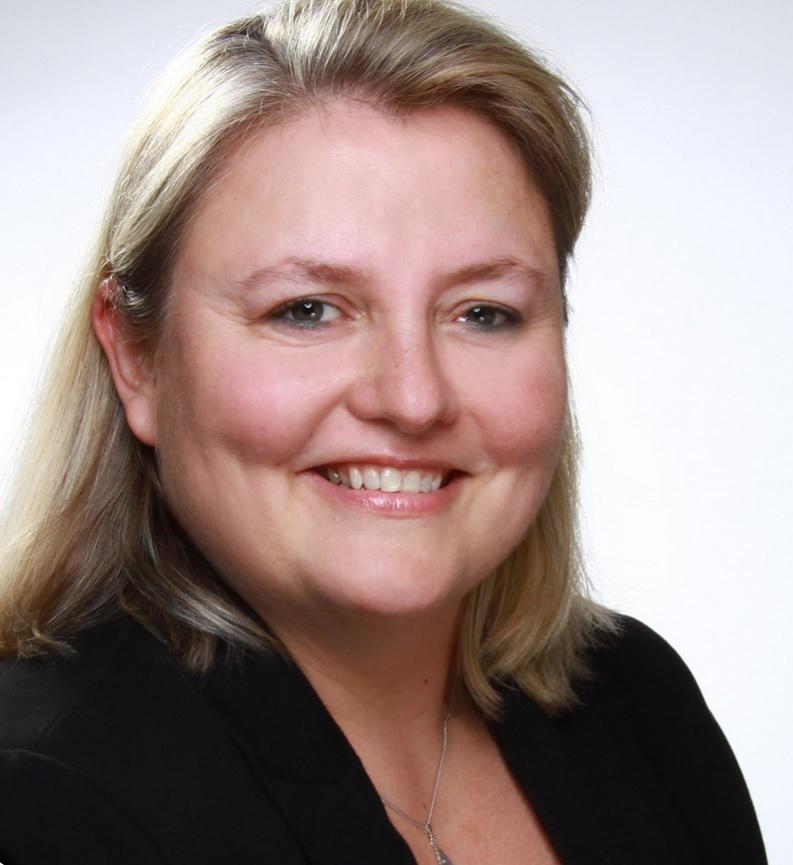News
Annual Conference of the Cluster of Excellence: Spotlight on African Youth
The Cluster of Excellence Africa Multiple at the University of Bayreuth will host its final major annual conference in mid-May before the German Research Foundation (DFG) announces its decision regarding a possible second funding phase. In an interview with UBTaktuell, the cluster's spokespersons, Prof. Dr. Rüdiger Seesemann and Prof. Dr. Ute Fendler, explain the central themes of the conference and what participants can expect.
17.04.2025


UBTaktuell: From 14 to 16 May 2025, the annual cluster conference will take place under the title "Temporalities, Youth (Im)mobilities and Agencies: Africa on the Move". Why was the focus placed on African youth this year?
Rüdiger Seesemann: Each year, the Africa Multiple Cluster of Excellence defines a thematic framework which we develop together with our colleagues at our four African partner universities. For 2025, the theme is "temporalities", with academic lead this time taken by Prof. Dr. Anthony Okeregbe, a colleague at the University of Lagos in Nigeria. He proposed "Youth in Africa" as the thematic focus for this year’s conference. Considering that in many African countries more than 50% of the population is under the age of 25, the theme rightly gives attention to the questions and concerns of this demographic. It is they who will shape the future.
UBTaktuell: The conference is based on the overarching theme of “temporalities”. What does that mean?
Ute Fendler: The term “temporalities” opens up a perspective that considers the development and transformation of a given research subject over time. In concrete terms, it means that whatever we examine must be analysed within the context of its temporal embedding and orientation. Moreover—and this is particularly relevant in the context of Africa’s diversity of life worlds—life in different societies is shaped by various rhythms, whether in the organisation of daily routines, religious rituals, education systems, or modes of working together. Additionally, concepts such as modernity and perspectives on the past and the future vary depending on cultural and socio-historical contexts. Within our work at the Africa Multiple Cluster, this perspective helps us to challenge often narrow external perceptions of Africa as merely “traditional”, “underdeveloped” or crisis-ridden. More broadly, exploring the conditions and effects of temporalities is key to understanding social development and global exchange.
UBTaktuell: What insights do you hope to gain from the conference regarding the ongoing discourse on the mobility of African youth, both on the continent and within the diaspora?
Ute Fendler: Mobility in general—and that of young people in particular—has long been a subject of interest to both governmental and non-governmental actors, as well as researchers. Mobility brings countries and regions closer together, facilitates encounters, and is promoted, for example, through educational programmes and recruitment initiatives. At the same time, mobility is often also an indicator of crises. Migration from Africa to Europe is typically viewed through this lens. However, this narrow focus tends to overlook the wide range of mobility phenomena as well as migration to and from other regions of the world, such as South Asia or South America. By placing this field of research at the centre of the conference, we aim to do justice to its diversity and complexity.
UBTaktuell: What significance does such a conference have for the Africa Multiple Cluster of Excellence?
Rüdiger Seesemann: In past years, our conferences have always been dedicated to an annual theme, which has allowed researchers from the five cluster locations to engage in intensive exchange within a conceptual framework and to address pressing research questions. The academic output is reflected in joint publications. By involving political actors, artists and a broader public, this exchange always extends beyond academic discourse.

UBTaktuell: The conference will take place in a hybrid format. Who is expected to attend in Bayreuth and online, and what are the programme highlights?
Ute Fendler: This will be the first major conference held in the new Africa Research Centre—the new building on the University of Bayreuth campus, which will be officially opened on 14 May, just before the start of the conference. The event will begin with a keynote by Prof. Dr. Grace Adeniyi-Ogunyankin, a renowned scholar in Black Studies and Gender Studies at Queen’s University in Canada. This will be followed by a festive opening evening featuring musical performances by Les Soeurs Doga, a twin duo from Burkina Faso, and DJ Marek. Over the following two days, the programme includes two high-profile roundtables, twelve panels, and the opening of an exhibition at the Iwalewahaus. Of the 267 registered participants, we expect 170 to attend in person, around 100 of whom are coming from Africa. Unfortunately, not all colleagues from our African cluster locations will be able to attend in person. However, the hybrid format will enable them to actively participate through presentations and discussions.
UBTaktuell: What will happen with the insights gained from the conference?
Rüdiger Seesemann: This year’s conference is the last to take place during the seven-year funding period for Clusters of Excellence that began in 2019. At the end of May 2025, the decision on a possible second funding phase will be announced—and we hope Africa Multiple will be among those continuing. In the final half-year of the current phase, we will take stock of the outcomes of this and previous conferences and publish the results. If our renewal proposal is successful, the insights gained will form the foundation on which we take the conceptual and structural reconfiguration of African Studies into new dimensions during the next funding phase.

Sabine Greiner
Science journalist
Cluster of Excellence Africa Multiple
University of Bayreuth
FZA Building
95447 Bayreuth
Phone: +49 (0) 921 / 55-4795
Email: sabine.greiner@uni-bayreuth.de
www.africamultiple.uni-bayreuth.de

